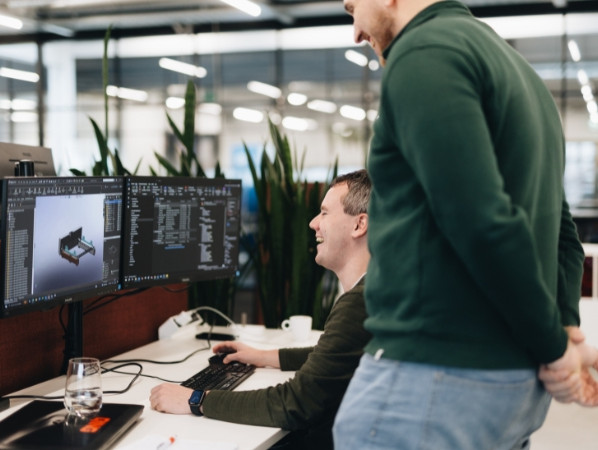
In September 2023, the Dutch manufacturing industry experienced a 10.3% decline, marking the ninth consecutive month of decrease. The food industry was not exempt, facing a 4.4% downturn. The rise in interest rates partially contributed to this, leading to reduced investments in new machinery.
Not all food producers can afford new equipment. Many are opting for a savvy alternative: investing in the upgrade and maintenance of existing machines. Over the past year, the demand for maintenance in the entire industry increased by approximately 30% (source: CBS).
Advantages of machine upgrading in the food industry:
The adoption of new technologies for machine improvement enhances the resilience of businesses, crucial for navigating market changes and challenges. Automation and robotics reduce dependence on manual labor, addressing the growing labor shortage.
Real-time monitoring provides timely insights into performance and issues, enabling predictive maintenance. Data and AI play a significant role in processing and interpreting large amounts of data.
Technological applications have a positive impact on the entire production cycle, including:
Successful upgrading begins with defining goals and outcomes. Assess current performance and gain a comprehensive understanding of what is and isn't functioning well. This approach ensures a targeted strategy.
With expertise in new technology, QING optimizes and digitizes existing production lines. Collaborate with QING to address challenges related to automation and quality improvement.
Source: QING